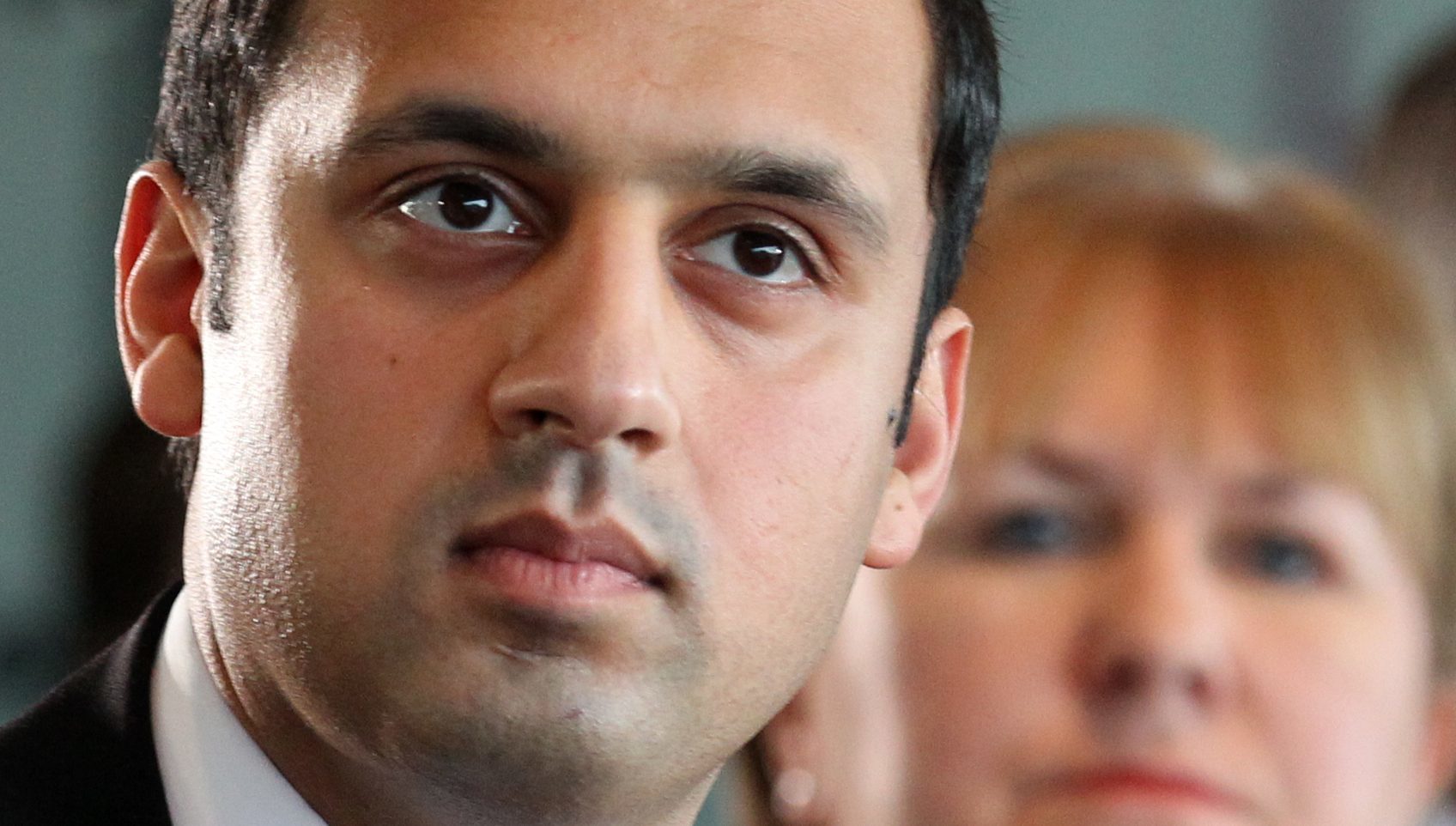Dozens of patients have died while stuck in hospital in Tayside and Fife, “horrifying” figures reveal.
Forty patients passed away in the region’s hospitals between March 2015 and September 2016, after being listed as medically fit to return to the community.
Delayed discharges – also known as bed-blocking – have been a long-running problem at NHS Scotland, with the phenomenon worsening over winter.
Nationally, nearly 700 patients have died while on delayed discharge lists in the 18-month period.
Anas Sarwar, the health spokesman for Scottish Labour, which obtained the data from health boards, said: “These are horrifying figures.
“Almost every health board in Scotland has seen a delayed discharge death.
“This shows that delayed discharges are not just detrimental to patient flow and the running of our hospitals, but that they can be seriously dangerous for the patients involved.”
A delayed discharge occurs when an inpatient is medically fit to leave hospital but continues to occupy a bed after their release date.
It is often associated with a lack of capacity in community services, such as care homes.
Health Secretary Shona Robison told the BBC in February 2015 that she aimed to “eradicate” delayed discharge within a year.
The Scottish Government is trying to alleviate those pressures by joining up hospital and council services as part of the integration of health and social care.
Ms Robison said they are helping health boards prepare for winter challenges with £3m, on top of the £30m a year allocated to the system, to help tackle delayed discharges.
“One unnecessary delay is one too many and I’ve made clear my ambition and expectation that our new integrated health and social care partnerships will successfully address this,” she said.
A spokesman for Fife’s Health and Social Care Partnership said patients are not dying because of discharge delays.
Many of them had life-limiting illnesses and their condition deteriorated while their discharge was delayed, which meant they could not return home, he added.
“Patients experiencing a delay in their discharge are most often frail and have complex medical and care needs, and whilst they no longer require hospital treatment, continue to require care in a nursing home or need a bespoke package of care to enable them to live safely within their own home,” he said.
Dr Alan Cook, medical director for NHS Tayside’s operational unit, said the health board is working closely with health and social care partners in Angus, Dundee and Perth & Kinross to “reduce unscheduled care and demand and avoid unnecessary delays in discharging patients from hospital”.
“We are also expanding our enhanced community support model of services that cares for people in their home settings, helps avoid unnecessary hospital admissions and ensures patient discharge from hospital is not delayed,” he added.










